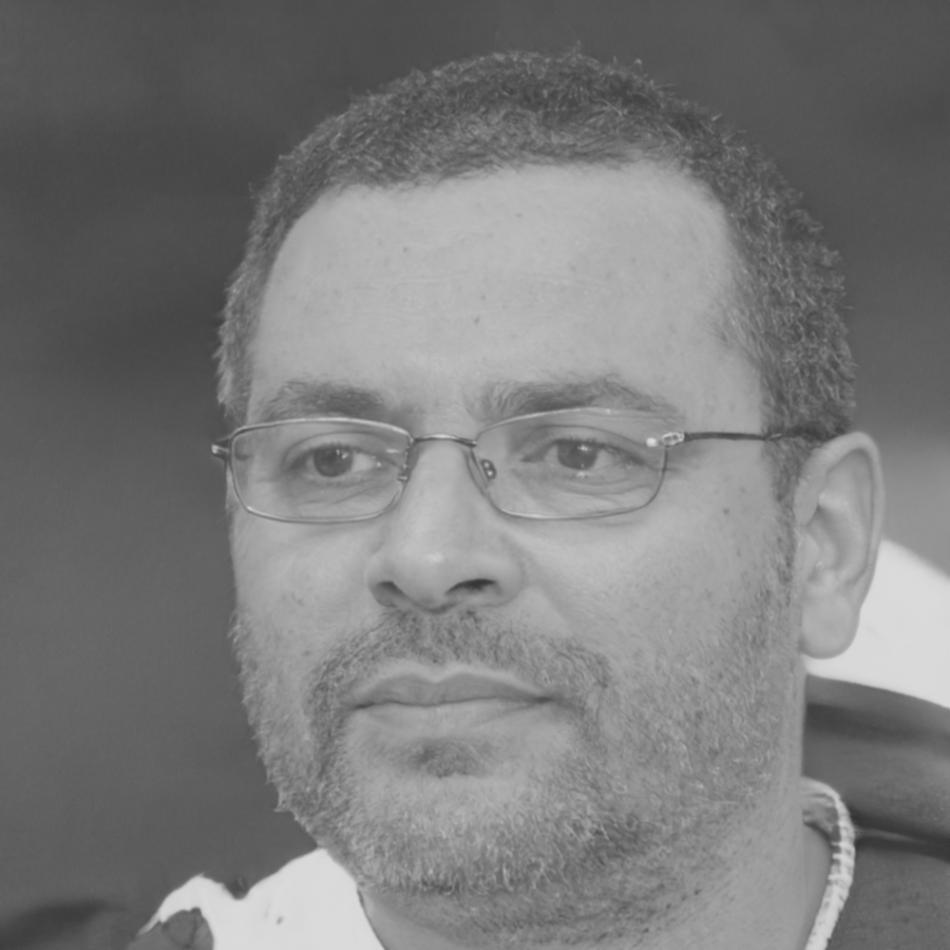Teaching Investment Through Real Market Experience
Here's what I've learned after watching thousands of people try to understand investing: most educational content treats it like memorizing formulas. But markets don't work that way. They're messy, contradictory, and full of situations where the textbook answer fails.
So we built something different. Our approach comes from years spent actually managing portfolios in Belgium's unique financial landscape—where European regulations, local tax structures, and cross-border investing create challenges you won't find in generic courses.

Eirik Vandenborre
Lead Investment InstructorSixteen years working with Belgian and European portfolios. Started as a junior analyst, made every classic mistake, and eventually figured out what actually matters when your own money is on the line.
How We Actually Teach This Stuff
Most investment education follows a predictable pattern—define terms, show charts, explain theories. Students nod along, then freeze when facing their first real decision. Should they buy that ETF? Is this the right time? What does diversification actually mean for their specific situation?
I spend more time on decision-making frameworks than definitions. You'll learn concepts, sure, but always in context of actual choices investors face. We dissect real portfolios, analyze what went right and wrong, and work through the uncomfortable questions that matter most.
What Drives My Teaching Method
- Markets reward understanding risk, not avoiding it. I focus on building that intuition through case analysis rather than abstract theory.
- Belgian investors deal with specific tax implications and European market access. Generic US-focused content misses crucial local context we address directly.
- Your first investments will probably be imperfect. That's fine. Better to understand why and adjust than to paralyzed by pursuing theoretical perfection.
- I show you my own portfolio decisions—including the ones that didn't work. Seeing experienced investors grapple with uncertainty helps more than polished success stories.
The goal isn't creating perfect investors. It's developing people who can think clearly about risk, make informed decisions with incomplete information, and adjust their approach as they learn. Those skills matter more than memorizing ratios.
Learning From Real Portfolio Decisions

The Diversification Mistake
A student built a portfolio of twelve different funds thinking they were diversified. They weren't—all holdings tracked the same underlying assets. We broke down how to actually assess correlation and rebuild with meaningful separation.

Belgian Tax Structure Impact
Two identical investment choices produced wildly different after-tax returns based on account structure. This case walks through Belgium's specific tax treatment and how to position investments accordingly.

When Timing Seemed Obvious
During 2023's volatility, selling felt smart. Students who did missed the subsequent recovery. We analyze that exact decision point—what information was available, what emotions drove choices, and what systematic approach would have worked better.
Why This Approach Actually Works
Traditional finance education teaches models first, reality later. But that sequence creates a problem: students learn to trust formulas more than judgment. When markets don't behave as predicted—which happens constantly—they're lost.
We flip that. You start with messy real situations, develop frameworks to think about them, then learn the formal tools that support those frameworks. Theory becomes useful rather than abstract.
This takes longer upfront. You won't leave the first session with simple rules to follow. But you'll build genuine understanding that applies across different market conditions and personal situations. That's worth the extra effort.
Our next program starts September 2025, running through March 2026. Six months gives us time to work through multiple market cycles and build skills progressively. Reach out if you want details about curriculum structure and what to expect.

Ready to Learn Investment Fundamentals?
Our autumn 2025 cohort opens for enrollment in July. Get details about curriculum, schedule, and whether this approach fits your learning style.
Get Program Information